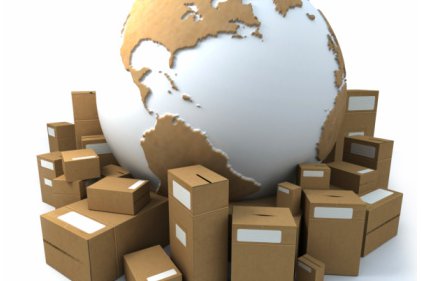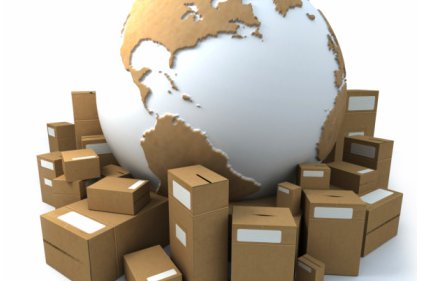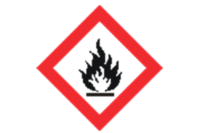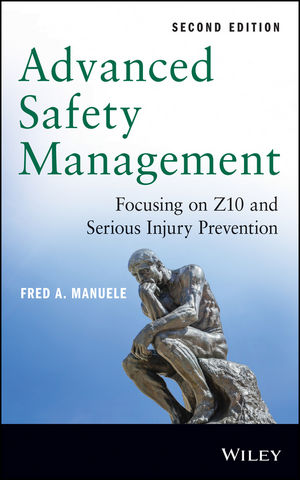The practice of eco-labeling may be on the brink of saturation point and is becoming as confusing for companies as it is for consumers, a major new study has warned.
Joint research by IMD, the International Institute for Management Development, and EPFL, the Ecole Polytechnique de Lausanne, suggests the process has become so fragmented that the current industry perception is dominated by wide-ranging reappraisal.
Germany's Ministry of the Environment introduced the world's first eco-label, the Blue Angel, in 1978 to highlight products' environmental and sustainability credentials. Now well more than 400 are used across 25 industries, prompting growing concerns over proliferation, credibility and consumer understanding.
IMD and EPFL researchers surveyed more than 1,000 executives around the globe about their attitudes towards eco-labels.
IMD Professor Ralf Seifert, the study's co-author, said: "It's not just consumers who are confused. Selecting an eco-label has become a highly complex decision for firms."
"The trend towards fragmentation, which is made worse by a lack of consensus over qualifying criteria, is clearly causing ever more opposition and frustration."
"The fact is that the initial momentum and high expectations of more than 30 years ago are giving way to different challenges – ones that urgently need to be addressed."
Major international companies such as Hewlett-Packard, Nestlé, Canon, Sara Lee and E.ON took part in the study, which first sought to investigate why firms adopt eco-labels.
Respondents listed brand-strengthening, addressing consumers' sustainability demands and protecting against pressure-group attacks as key benefits of the practice.
But they also expressed what the study called "substantial scepticism" over eco-labels' enduring credibility and the rigour of the criteria and certification procedures.
Ole Just Sorensen, of energy company Grundfos, told researchers: "In some areas the market looks more like a new industry of 'selling stickers'."
Duncan Pollard, Nestlé's sustainability advisor, said: "We may be seeing the first serious reappraisal of the conventional wisdom that if you wish to prove you're sustainable you need a certification logo."
The research found continuing fragmentation, consumer confusion and lack of consensus on qualifying criteria are viewed as the greatest challenges to hopes of eco-labelling continuing in its current form.
The findings highlight a desire for improved consolidation and standardization as industry adoption of eco-labelling moves towards "saturation." The study warns that companies and customers alike risk being "overwhelmed" unless there is greater dialogue and cooperation among stakeholders.
Dr. Joana Comas Martí, an expert in supply chain environmental management, said: "There's also a feeling among firms that many eco-label providers launch with good intent but morph into organizations whose desire is to survive rather than serve."
"This raises serious questions about eco-labels' effectiveness in delivering real outcomes and their potential to help achieve genuine market transformation."




